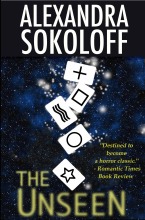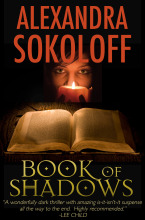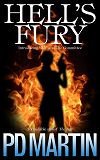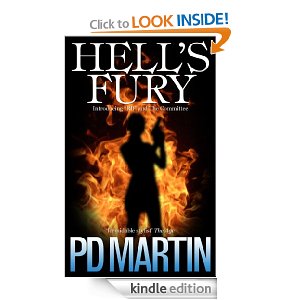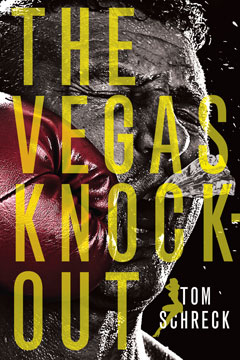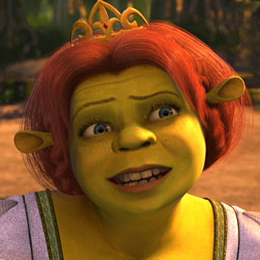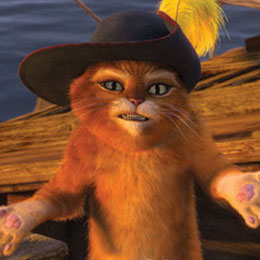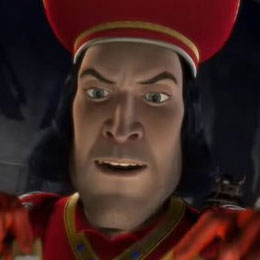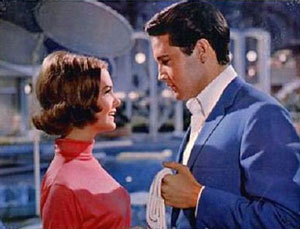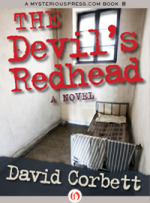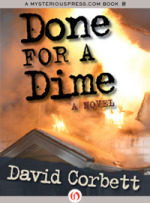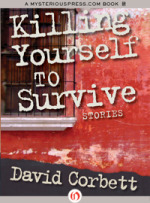When I was a screenwriter, the absolute worst thing about the job was having to sell my rights. I was mostly a spec writer – although I did some novel adaptations, I made most of my screenwriting income by writing original scripts and selling them. And the first thing that usually happens when a script is bought is that after the original writer does her contractual drafts, or is bought out of them, she is fired off her own script so that the producers or execs or director or sometimes actor can hire their own writer, or a writer they want to be in business with, or just what they love to call “fresh blood.”
People don’t understand that about the film business. The writer can and most often will be fired off their own story at any time. Nothing you can do about it.
Even worse than being fired was having studios and production companies hold my original scripts hostage – the movie could be going nowhere (because you fired the original writer, you moron) but they still refused to revert the rights. Talk to a screenwriter about this situation and they’ll mostly tell you just about the same thing: it’s like the physical pain of having a loved one imprisoned, and knowing there’s nothing you can do about it. I’ve contemplated murder more often than I like to think.
In fact there’s a story about a certain screenwriter who was in the situation of an original script being held hostage and he stormed the office of a certain studio head, brandishing a really sharp knife – and then threatened to cut off one of his OWN fingers right there on the desk if the studio head didn’t sign back the rights to him. And the story is he got the rights back, more because the studio head didn’t want the negative publicity he’d get from the incident than out of any concern for any bodily harm to the writer. Or maybe he just didn’t want to lose the desk. That’s showbiz, kid.
I’ve thought about that story a lot, recently. Because I so understand the rage, and the willingness to do ANYTHING to get your work back.
A lot, and I mean a lot, of authors now find themselves in the same position. They could be making a living income off e books, but the publishing houses they signed contracts with won’t revert the rights. (I’ll refrain from launching into a tirade about the 1%, but – really? This is okay in a democratic society?)
These days it’s critical that authors think clearly before they sign away their rights, especially e book rights. In the exhilaration of being offered a contract, it’s far, far too easy to just say yes to whatever a publisher is proposing. A mistake you may well regret for longer than you ever want to think.
Myself, I feel extraordinarily lucky that no fingers are going to have to be cut off after all. Although for a while there, I was wondering.
But I finally, finally, finally have the rights back to Book of Shadows and The Unseen in the U.S. Now I can offer these spooky thrillers as e books at the infinitely reasonable price of $2.99, as opposed to the publisher-set price of $11.99. I mean, truly, does ANYONE pay $11.99 for an e book? Even your most highly prized authors? And I have the one-star “Protest Publisher Price Fixing” Amazon reviews to prove it. I was about to kill myself.
The whole structure of the publishing industry is changing. I’ll refrain from using Konrathian imagery featuring sexual acts with amphibians while Rome burns and all that, but this is a massive sea change we’re all experiencing. No one has any idea what things are going to look like next MONTH, let alone next year.
So why is it that writers would want to lock themselves into a contract that would mean someone else holds their e publishing rights in perpetuity? Especially given the clever ways that corporations are able to get around reversion issues?
For a large amount of money up front – sure, I understand it. A bird in the hand, etc. But for a not-so-large amount? Why?
The thing is, when we sign contracts, we’re speculating. We’re debating if this particular deal is better than what we could get elsewhere, or at a different time in the future. Same as choosing mortgage terms when we finance a house. Same as when we decide on an investment strategy with stocks. What’s our comfort level with volatility? Are we willing to take a risk to make a little more?
Don’t you hate it that we have to think about our writing careers as if we’re building a stock portfolio? I know I do. But how can we not? If we are going to make a living with the writing we do, we have to make these choices, weigh the options, decide on our acceptable level of risk, and develop we believe is the best strategy for maximizing our income flow in a constantly shifting business landscape.
Half the room just stopped breathing, right?
So first things first. Breathe.
But please. Don’t ignore the fact that when you sign a contract on a book you may be limiting your income on this particular property – YOUR BOOK – to that one figure, the advance money, for possibly a lifetime. Is it really enough, over the course of possibly a lifetime? Do you KNOW the other options? Do you know how much other people you know are making with other strategies?
Your job isn’t done when you type THE END. The job now is to do right by yourself, and by the work that you’ve just created.
So, I’m curious. DO you pay $11.99 for e books from your favorite authors? Because myself, when faced with that price I will just pay $26 for a hardcover, whether that makes any sense or not.
And – if you just want to vent about the absolute fucking scariness of the business part of writing, please feel free. We’re all there.
– Alex
_________________________________________________________
Now liberated and available on Kindle, Nook & Smashwords, $2.99!
Two psychology professors and two psychically gifted students move into an abandoned Southern mansion to duplicate a controversial poltergeist experiment – unaware that the entire original research team ended up insane… or dead.
Based on the world-famous Rhine parapsychology experiments conducted at Duke University.
Paperback/e book from Little Brown at Amazon UK
“Destined to become a horror classic.” – Romantic Times Book Review
“Gave this reviewer a bad night’s sleep – what more could you ask of a horror novel?” – SFX
________________________________________________________
Available on Kindle and Smashwords, $2.99 (On Nook, 5/26)
A cynical homicide detective from Boston reluctantly joins forces with a beautiful, enigmatic witch from Salem in a race to solve a series of what appear to be satanic killings.
Smashwords (multiple e formats)
“A wonderfully dark thriller with amazing is-it-isn’t-it suspense all the way to the end. Highly recommended.” – Lee Child
“Sokoloff successfully melds a classic murder-mystery/whodunit with supernatural occult undertones.” – Library Journal
“Compelling, frightening and exceptionally well-written, Book of Shadows is destined to become another hit for acclaimed horror and suspense writer Sokoloff. The incredibly tense plot and mysterious characters will keep readers up late at night, jumping at every sound, and turning the pages until they’ve devoured the book.” – Romantic Times Book Reviews, 4 1/2 stars

